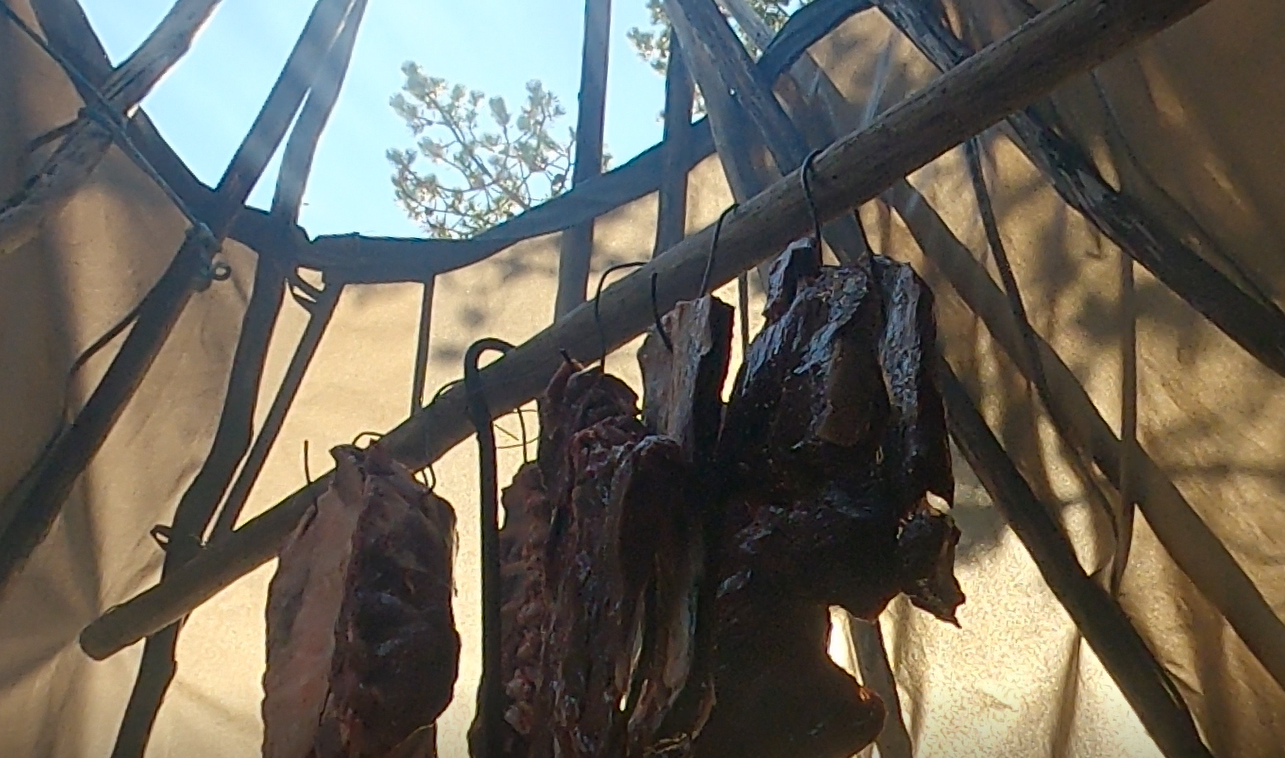MÁHTUT - Sámi Knowledge and Practices In the Era of the Green Transition

The project seeks to promote, preserve and support the practice and inter-generational transfer of Sámi traditional subsistence skills, knowledge and practices which appear increasingly important not only in terms of Sámi cultural revitalization, but for life in Sápmi as such. Project aims to benchmark the best practices of Sámi subsistence traditions from an approach of circularity. In addition to seasonal circularity of subsistence practices such as hunting, fishing, gathering, the Sámi have their own ways of preserving foods, preparing food off-grid, and managing overflows. The project implements especially Sámi ideas of circularity and food sovereignty through its work packages, and promotes local preparedness and innovation at combining traditional skills and knowledge with new ones, to meet the needs of the contemporary society. The project also focus on Indigenous rights of Sámi to make people aware of their rights as well as inform authorities and policy making of the Indigenous rights and other legal aspects related to Sámi skills, knowledge and traditions (e.g. by policy guidelines).
The project’s Lead Partner (EU) is the University of Lapland (Faculty of Social Sciences, especially Sámi research and Faculty of Law). The other partners are the Sámi Education Institute from Finland, Várdduo the Centre for Sámi Research of Umeå University from Sweden and the Arctic University Museum of Norway from Tromsø, Norway as the Lead Partner Norway.
The MÁHTUT project is based on the idea of the Sámi as experts of circular economy and subsistence. The Sámi society and way of life have traditionally been based on circular economy: the migratory way of life and making use and reuse of the resources at hand have been the basic pillars of life for the Sámi. In other words, the traditional, nature-based Sámi livelihoods are based on the principles of sustainability and circular economy. At the same time, the knowledge and skills related to the traditional Sámi livelihoods, circular economy practices and subsistence are potentially at risk of disappearing in the face of societal change and transformation. The objective of the project is to collect, produce and strengthen knowledge and skills related to Sámi circular economy and subsistence practices and to raise awareness of the significance of such practices, knowledge and skills from the perspective of sustainable development in the era of the green transition. We also collect data and produce knowledge about the impact of climate change and other societal transformations on the traditional livelihoods and, by extension, the Sámi circular economy and subsistence traditions. Our goal is to develop and enhance understanding of the significance of traditional knowledge and skills from the Sámi perspective not only to the Sámi themselves, but also to contribute towards a more sustainable present and future, as well as to raise awareness of the societal developments that pose a threat to Sámi knowledge and skills.
End: August 30. 2026
Unit: University of Lapland Project categories: Applied Research / Academic Development
Academic disciplines: Humanities / Social sciences
Funding:
UiT The Arctic University of NorwayInterreg
Participants:
Trude FonnelandEli-Anita Øivand Schøning
Galina Idigesheva
Ingar Olsborg Figenschau
Camilla Brattland